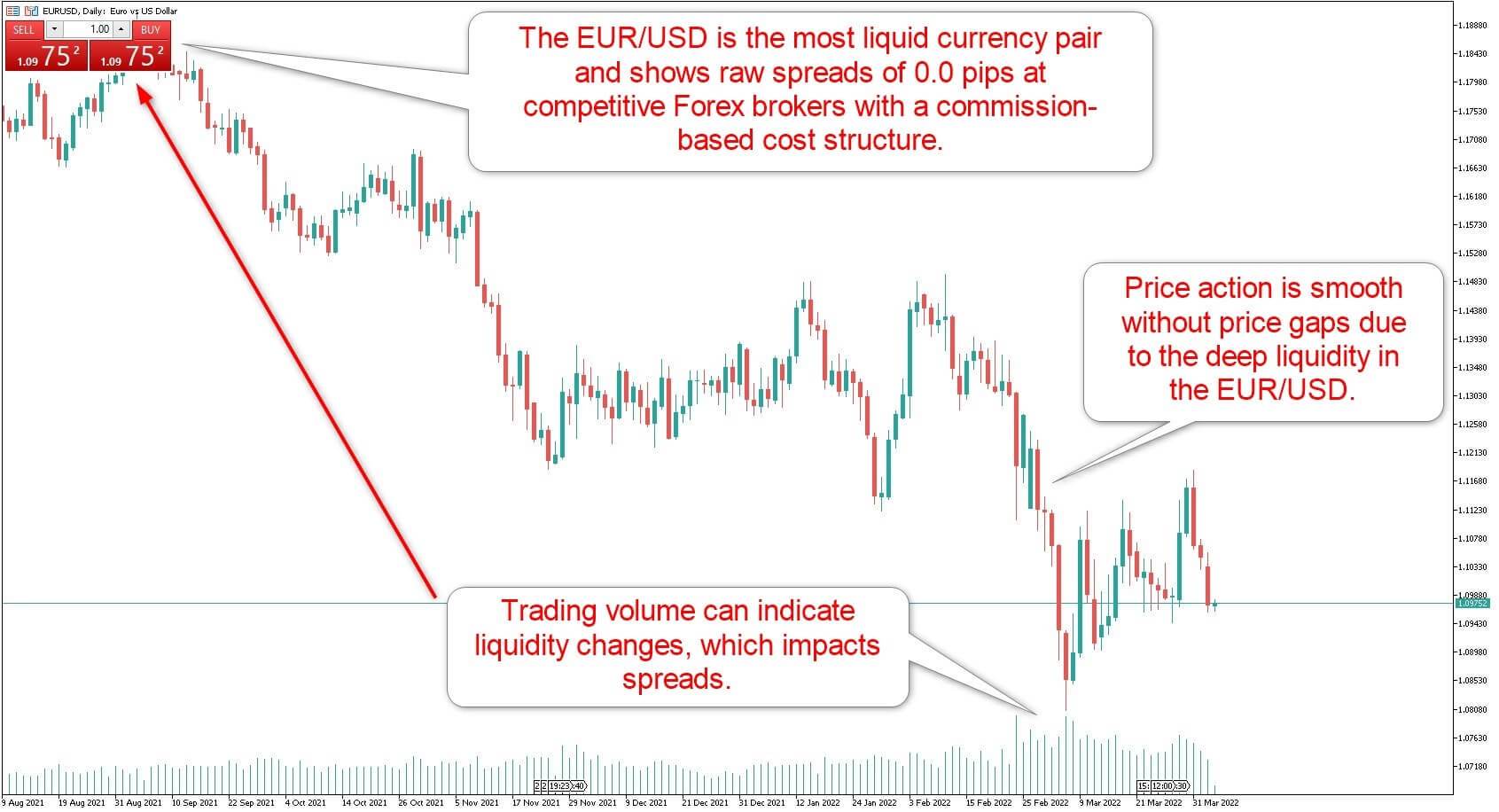
WPC has a 23 year streak of increasing dividends and is currently the highest yielding REIT in the market. Its stability in its business model is obvious as it continues to grow its cashflow per share during lockdowns. The company is expected to collect 96% of rents in April and May of 2020, which easily covered last year's dividend. WPC expects to keep a payout ratio at 85%.
Medical Properties Trust (NYSE: MPW)
Medical Properties Trust (NYSE; MPW) may be a good option for you if you are looking to invest in long-term income and find a high-yield REIT. The trust is the biggest owner of hospitals around the globe and makes most of its revenue through rent. Investors can expect a high yield because of its low P/E ratio (9.54) Its recent dividend rise has driven its price up to a record high over the past 12 months, so you can expect a nice yield at the moment.
As of writing, the stock is down 35% compared to its high. The REIT sector has seen a selloff driven by interest rate increases. Shares of REITs usually lose value when investors try to make up for higher risk by increasing interest rates. The REIT's dividend income is still up from 5% lastyear to 7% this, which means it has great prospects for growth.

Alexandria (ARE)
Alexandria Real Estate Equities, Inc., is a pioneering operator, developer, investor, and owner. It focuses on agtech, collaborative campuses, and life science. Barron's recognized its business model as a "Global sector leader" and it is located in four verticals. Fitwel Life Science certification is also awarded to the company. This certification emphasizes tenant health. GRESB gave the company the highest rating of five stars for buildings in development stage.
Investors should be aware that Alexandria has increased its quarterly dividend by 2.6%. Alexandria becomes the 66th equity REIT in this year's attempt to increase its dividend. The company has been increasing its dividend for the last decade. The latest hike results in a forward yielding 2.8%. It also marks the company's third consecutive year of dividend increases. Alexandria has increased its dividend over the past three year, making it the sixth equity REIT to do this.
Alexandria (REIT)
If you're looking for a real estate investment trust that provides rental space for lease in cities with robust tech, life science, and agtech industries, consider Alexandria (REIT). Alexandria (REIT) properties are comparable to other REITs in terms both of the type of tenants they attract as well as the economic characteristics of their locations. These companies include publicly traded biotechnology and multi-national pharmaceutical companies.
The REIT's portfolio includes a majority of companies in the life science and research sectors. It has 3.4 million square foot of construction and leases 36 million squarefeet of lab space. Moderna, GlaxoSmithKline and Pfizer are its 20 largest tenants. The cash flow of the company has increased 100% over the past five-years. Due to the company's strong cash flow, it is expected that the dividend will rise in due course. Lease agreements for the company typically include clauses that allow annual rent increases of around three percent.

SBA Communications (NYSE/VNQI)
SBA Communications, NYSE: VNQ is a reit dedicated to the development of macrotower infrastructure. The company was founded in 1989 and recently expanded to 16 countries, including the United States and Latin America. Jeffrey Stoops, CEO, stated that the company is experiencing "very strong customer demand" in its core markets. He is currently working to reduce its backlog. This should continue supporting growth through 2023.
While the market is under pressure after the recent volatility, investors should still remain cautious and look for a "beat and raise" quarter from cell tower REITs. SBA Communications and other inflation-hedged REITs are attractive investments, as their international leaseescalators are linked with local CPI. American Tower increased its full year revenue and AFFO growth guidance.
FAQ
Why is a stock called security.
Security is an investment instrument whose value depends on another company. It can be issued as a share, bond, or other investment instrument. The issuer can promise to pay dividends or repay creditors any debts owed, and to return capital to investors in the event that the underlying assets lose value.
Is stock marketable security?
Stock can be used to invest in company shares. This is done via a brokerage firm where you purchase stocks and bonds.
You could also choose to invest in individual stocks or mutual funds. There are more than 50 000 mutual fund options.
The key difference between these methods is how you make money. Direct investments are income earned from dividends paid to the company. Stock trading involves actually trading stocks and bonds in order for profits.
In both cases you're buying ownership of a corporation or business. If you buy a part of a business, you become a shareholder. You receive dividends depending on the company's earnings.
Stock trading offers two options: you can short-sell (borrow) shares of stock to try and get a lower price or you can stay long-term with the shares in hopes that the value will increase.
There are three types stock trades: put, call and exchange-traded funds. Call and Put options give you the ability to buy or trade a particular stock at a given price and within a defined time. ETFs, which track a collection of stocks, are very similar to mutual funds.
Stock trading is very popular as it allows investors to take part in the company's growth without being involved with day-to-day operations.
Stock trading can be a difficult job that requires extensive planning and study. However, it can bring you great returns if done well. To pursue this career, you will need to be familiar with the basics in finance, accounting, economics, and other financial concepts.
How are shares prices determined?
Investors set the share price because they want to earn a return on their investment. They want to make profits from the company. They purchase shares at a specific price. If the share price increases, the investor makes more money. If the share price goes down, the investor will lose money.
An investor's main objective is to make as many dollars as possible. This is why investors invest in businesses. They are able to make lots of cash.
Statistics
- Ratchet down that 10% if you don't yet have a healthy emergency fund and 10% to 15% of your income funneled into a retirement savings account. (nerdwallet.com)
- Our focus on Main Street investors reflects the fact that American households own $38 trillion worth of equities, more than 59 percent of the U.S. equity market either directly or indirectly through mutual funds, retirement accounts, and other investments. (sec.gov)
- For instance, an individual or entity that owns 100,000 shares of a company with one million outstanding shares would have a 10% ownership stake. (investopedia.com)
- The S&P 500 has grown about 10.5% per year since its establishment in the 1920s. (investopedia.com)
External Links
How To
How to Trade in Stock Market
Stock trading involves the purchase and sale of stocks, bonds, commodities or currencies as well as derivatives. Trading is French for "trading", which means someone who buys or sells. Traders buy and sell securities in order to make money through the difference between what they pay and what they receive. This is the oldest form of financial investment.
There are many different ways to invest on the stock market. There are three main types of investing: active, passive, and hybrid. Passive investors only watch their investments grow. Actively traded investors seek out winning companies and make money from them. Hybrid investor combine these two approaches.
Passive investing can be done by index funds that track large indices like S&P 500 and Dow Jones Industrial Average. This is a popular way to diversify your portfolio without taking on any risk. You just sit back and let your investments work for you.
Active investing is about picking specific companies to analyze their performance. An active investor will examine things like earnings growth and return on equity. They then decide whether or not to take the chance and purchase shares in the company. If they feel the company is undervalued they will purchase shares in the hope that the price rises. If they feel the company is undervalued, they'll wait for the price to drop before buying stock.
Hybrid investment combines elements of active and passive investing. You might choose a fund that tracks multiple stocks but also wish to pick several companies. This would mean that you would split your portfolio between a passively managed and active fund.